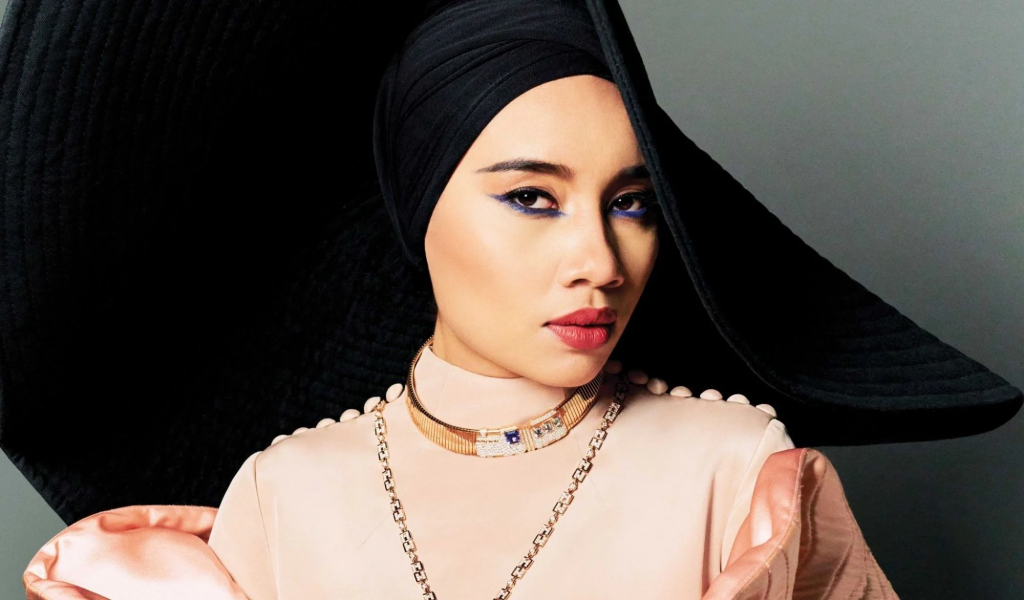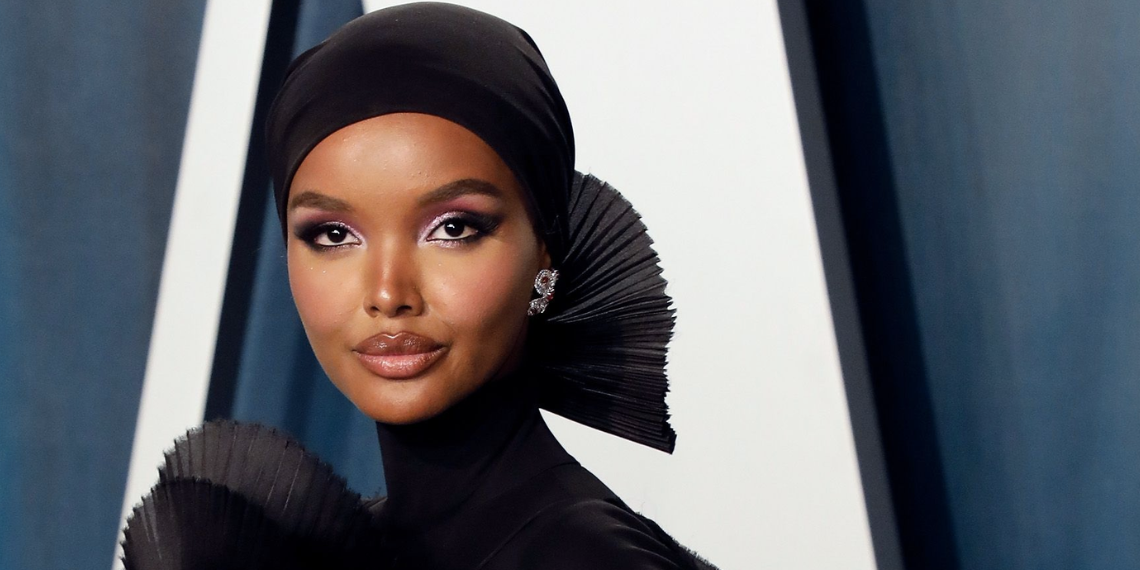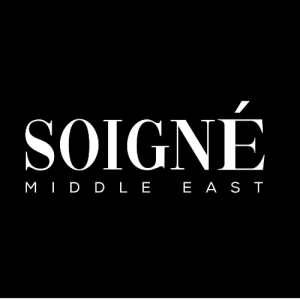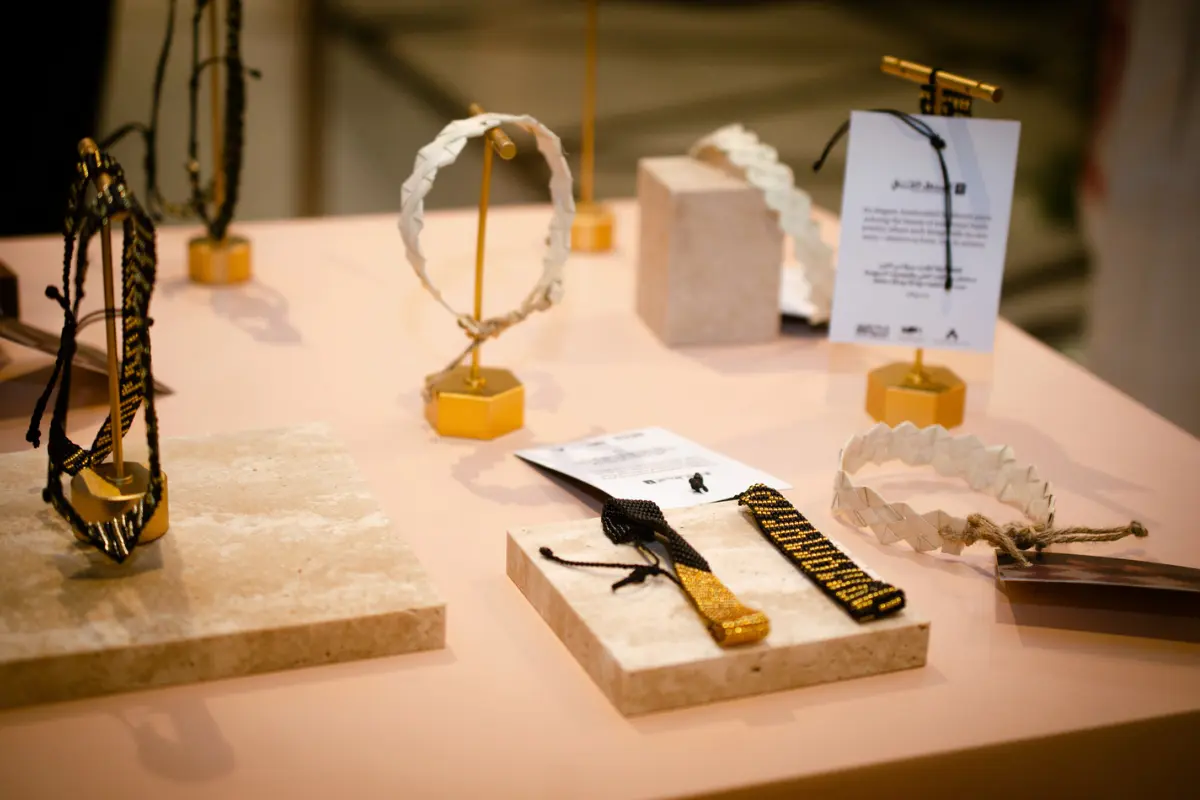In 2022, the world bore witness to a disturbing narrative of women facing brutality and violence merely for their choice of attire. The shockwaves began with the news of two women mercilessly assaulted by French police, igniting an internet firestorm that reverberated across the world. However, this was not an isolated incident, as the oppressive grip on the autonomy of hijabi women manifested in even more tragic dimensions.
Within the same year, the world mourned the loss of Mahsa Amini, a 22-year-old whose life was brutally cut short in Iran for the audacious act of not conforming to societal expectations by wearing a hijab. Her untimely demise stands as a testament to the sad reality faced by countless women who dare to defy the norms surrounding their choice of clothing and personal identity.
These incidents, far from being isolated, embody a collective cry of pain and defiance that resonates among hijabi women worldwide. Discrimination and humiliation, thrown at them with unwarranted vehemence, make their way into every facet of their lives—from university corridors to the streets, within the confines of their homes, and even within the supposedly safe space of their friend circles.
The controversial debate surrounding the hijab has sparked global discussions about the disconcerting hostility faced by women who choose to cover their heads. This controversy is a reflection of the disheartening reality that even in this modern age, a mere piece of clothing remains a threat to some, while others find it intolerable.
To honor the resilience and sacrifices of these women, steadfast in upholding their identity, the world unites in observance of World Hijab Day. This powerful movement was founded by Bangladeshi-American Nazma Khan, a woman who endured unspeakable discrimination and bullying throughout her academic journey, enduring being spat on, chased, kicked, and labeled a “terrorist.”
In a world that often attempts to suppress individuality, World Hijab Day stands as a testament to the strength and courage exhibited by countless women who persist in embracing their identity. It transcends the confines of religion or culture, serving as a reminder that a hijab is not a limitation; rather, it is a powerful and personal choice that demands respect and acknowledgment.
Here’s a list of eight influential hijabi women, breaking stereotypes and proving that wearing a hijab isn’t a barrier.
Ibtihaj Muhammad

Ibtihaj Muhammad stands as a symbol of empowerment and resilience, breaking through societal norms and athletic barriers as one of the most inspiring hijabi women of our time. Born in Maplewood, New Jersey, in 1985, Muhammad has not only made a name for herself in the sport of fencing but has also become a powerful advocate for diversity and inclusivity. Beyond her athletic achievements, Ibtihaj has been a vocal advocate for inclusivity in sports and challenging stereotypes associated with Muslim women. Her presence on the global stage has opened up conversations about representation and the importance of breaking down barriers in traditionally exclusive spaces. In 2018, she released her memoir, “Proud: My Fight for an Unlikely American Dream,” sharing her personal journey of navigating the world of fencing while maintaining her identity as a hijabi woman.
Yuna Zarai

Yuna Zarai, known mononymously as Yuna, is a Malaysian singer-songwriter who has captivated hearts around the world with her enchanting voice and empowering messages. The artist has gained widespread recognition with her breakthrough single “Decorate” in 2010, and since then, the star has only continued to rise. Her music seamlessly blends elements of pop, R&B, and indie, creating a unique and soulful sound that resonates with a diverse audience. She has released multiple albums, including “Yuna” and “Chapters,” earning critical acclaim for her lyrics and melodic compositions. As a hijabi woman, she challenges preconceived notions of what a global pop star can look like. Her unapologetic embrace of her Muslim identity and choice to wear the hijab have inspired many, proving that talent knows no bounds and diversity is a strength.
Nour Tagouri

Noor Tagouri, a trailblazing journalist and advocate, stands at the forefront of challenging stereotypes and breaking barriers in the media industry. Born in West Virginia, USA, Noor has become an influential figure, using her platform to amplify diverse voices and advocate for inclusivity. As a hijabi woman in the world of journalism, Noor has been a catalyst for change. Her fearless pursuit of truth and commitment to storytelling that reflects the richness of human experiences set her apart. Notably, she also made history as the first hijabi woman to appear in Playboy magazine in 2016, sparking conversations about representation and the need for diverse narratives in mainstream media.
Marwa Atik

Marwa Atik is an inspirational hijabi figure in the fashion world, making waves by designing stylish and modest clothing through her brand, Vela Scarves. Born in Los Angeles, Marwa recognized the need for trendy and culturally diverse clothing that aligns with modest values, especially for hijabi women like herself. Her work goes beyond fashion, actively encouraging women to feel confident and embrace their unique identities.
Nadiya Hussain

Nadiya Hussain, a British-Bangladeshi chef, author, and TV personality, has become a household name through her culinary talent and warm personality. She rose to fame after winning The Great British Bake Off in 2015, capturing the hearts of audiences with her baking skills and great enthusiasm. As a hijabi woman, she has broken barriers in the culinary world, proving that talent knows no bounds. Apart from her baking skills, she has authored several cookbooks and ventured into television with her own shows, where her engaging presence and diverse recipes showcase her dedication to expanding the culinary landscape.
Muna AbuSulayman

Muna AbuSulayman, a Saudi Arabian media personality, activist, and philanthropist, stands as a prominent advocate for women’s rights and social justice. As an influential media figure, Muna co-hosted the popular Middle East Broadcasting Center (MBC) show “Kalam Nawaem,” addressing social issues and empowering women through open discussions. Beyond her work in media, she is actively involved in philanthropy, championing causes related to education, health, and women’s empowerment. Muna also serves as a Goodwill Ambassador for the United Nations Development Programme (UNDP) and has been recognised for her efforts to improve the lives of women in the Arab world.
Dalia Mogahed

Dalia Mogahed, an Egyptian-American scholar, has made substantial contributions to understanding and promoting awareness of Muslim-American experiences. Born in Cairo, Egypt, Dalia has emerged as a respected voice in the fields of sociology and research. As the Director of Research at the Institute for Social Policy and Understanding (ISPU), she has conducted extensive studies on issues concerning Islamophobia, discrimination, and the Muslim-American identity.
Halima Aden
Halima Aden, a trailblazing Somali-American model, has captivated the fashion world with her unique style, breaking barriers and redefining beauty standards. Born in a refugee camp in Kenya in 1997, Halima moved to the United States at the age of seven. She gained widespread recognition in 2016 when she became the first hijab-wearing contestant in the Miss Minnesota USA pageant. This groundbreaking moment propelled her into the spotlight and marked the beginning of her impactful career. She has since become a global icon, gracing the runways of major fashion houses and featuring in prominent campaigns.





